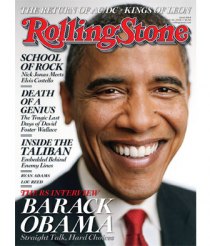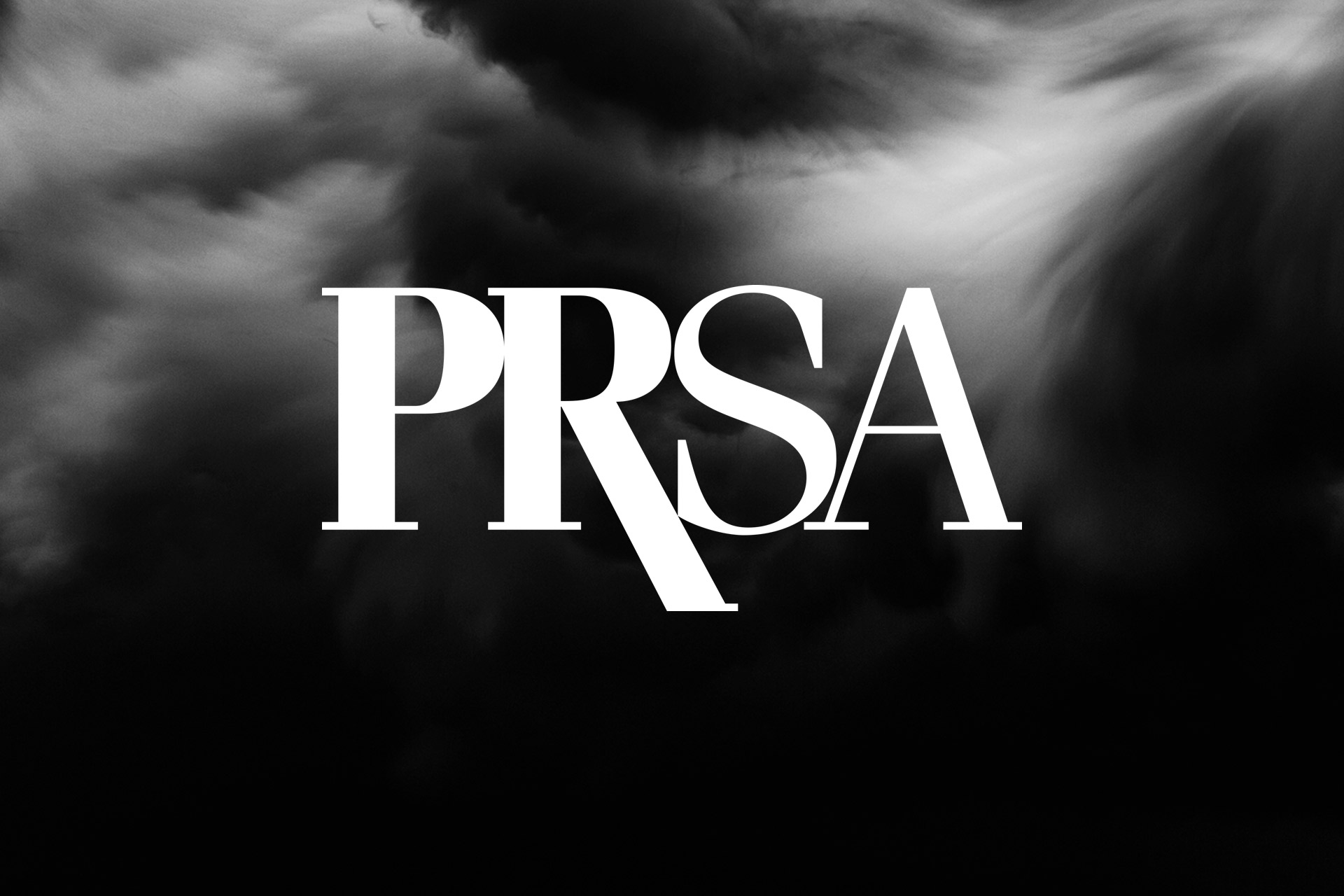A Digital Rolling Stone 1.0
Since the days of Napster, the music industry has been forced to change. MP3 piracy has caused an uncomfortable and at times awkward relationship between consumers and the music industry.
With the advent of peer-to-peer file sharing, the act of downloading music became a question of ethics. According to Harris Interactive, the American public views downloading music for personal use and sharing as an innocent act, whereas the Recording Industry Association of America (RIAA) disagrees. Harris Interactive also states that consumers believe that “if the price of music was a lot lower, there would be a lot less illegal downloading of music.” However, “nearly two of three adult Americans agree that musicians and recording companies should get the full financial benefit of their work.”
In the same study, approximately three in four teens believed that downloading music for free and letting others download files from them should be legal. However, in contrast to this perspective, approximately three in four Americans agree “downloading and then selling the music is piracy and should be prohibited, however downloading for personal use is an innocent act and should not be prohibited.”
What does this mean for the music industry? This is a question I attempted to solve during my experience in the Master of Arts in Advertising program at Michigan State University a few years ago; here are my results. However, the short answer is that the music industry must progress with culture.
Over the past few months, I have noticed that in the back of Rolling Stone where you find the Billboard Hot 100 Top 10, Top 40 Albums and Local Favorites, there have also been a few rotating lists such as:
- Rhapsody Top 10 Songs
- Myspace Music Top 10 Songs
- Sirius Left of Center Top Ten
- iLike Top Ten
- iTunes Top 10 Songs
- Etc.
My personal favorite is the iLike Top Ten list, instead of determining popularity by sales; the list is actually determined by how many people actually listen to the song. This is a representation of how the music industry is changing now: By recognizing there are other ways to consume and listen to music (e.g. Pandora or Last.FM.). But how can they change moving forward? The music industry must integrate more technologies that create an experience for the consumer with added value.
A perfect example of this is a big idea I read about in an AdAge DigitalNext article. The article explained how Drop.io and Organic are collaborating on a new technology platform: location-based file sharing. To illustrate this, imagine that Radiohead is performing at Madison Square Garden and their strategy is to create a closer relationship with their fans despite performing in enormous venues. On the ticket stubs, Radiohead could include a specific URL that allows fans in attendance to download exclusive content from their mobile phone (e.g. Apple iPhone), but only at that specific location and time. The content could be rare MP3s from previous recordings or from the concert that night at Madison Square Garden or even video from behind the scenes when Radiohead traveled to New York for the concert. This technology could be augmented to provide location specific message boards or instant messaging services that would allow fans to communicate with each other or even members of the band. This would fulfill the strategy by fostering a closer relationship supported with rich multimedia content and creating a direct dialogue with fans and musicians sharing the same experience. The benefits of primacy and exclusivity would be the catalysts for achieving residual value by encouraging fans to engage in word-of-mouth after the concert. Many fans want to be among the first to receive information about a band and will want to be the first to tell others. It’s the exclusivity of the content that makes it worth talking about, which will likely create a viral effect among fans.
In the end, the music industry must continue to reflect cultural trends and integrate technologies that create an experience for the consumer with added value. This idea of consumer relevancy based on location and time is one that can be translated to many other industries.
Random Note: This doesn’t have anything to do with the progression of music in regard to the digital experience necessarily, however Rolling Stone recently unveiled a new format, reducing the size of the magazine to the dimensions of a classic magazine and exchanging staples for perfect binding. Our President-Elect, Barack Obama is featured on the cover to convey a moment of change: evolution, growth and renewal.












